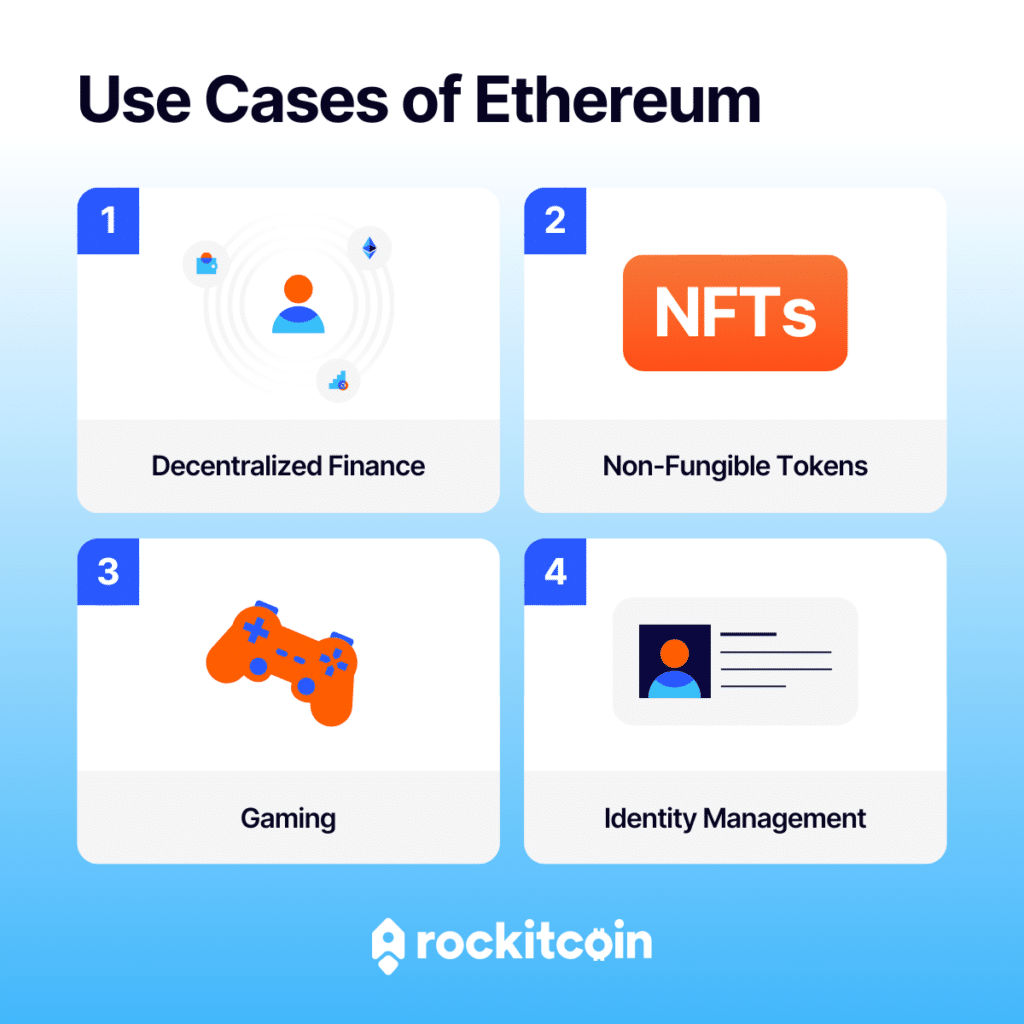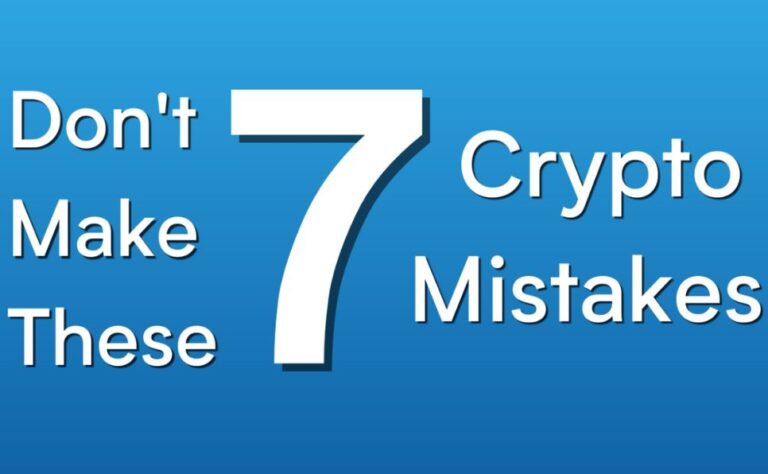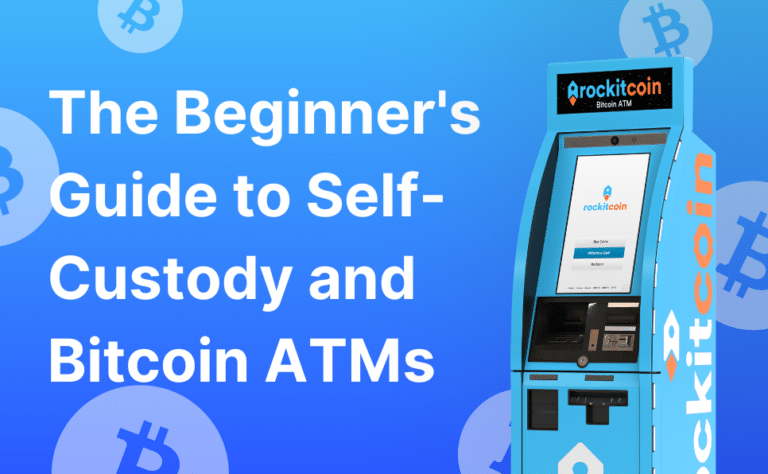Ethereum has revolutionized the blockchain landscape, transforming it into more than just a ledger for cryptocurrency. As the second-largest blockchain platform by market cap, Ethereum has become synonymous with innovation, powering decentralized applications (dApps), smart contracts, and the world of NFTs (non-fungible tokens). But what exactly is Ethereum, and why is it so important?
In this guide, we’ll explore Ethereum in-depth—from its origins and functionality to its use cases and future potential. By the end, you’ll have a solid understanding of Ethereum’s role in the ever-evolving blockchain ecosystem.
Key Takeaways
- Ethereum is a decentralized platform that enables smart contracts and dApps, supported by its native cryptocurrency, Ether (ETH).
- Its innovative applications include decentralized finance (DeFi), non-fungible tokens (NFTs), gaming, and supply chain solutions.
- Ethereum 2.0 and future upgrades aim to enhance scalability, reduce energy consumption, and secure its position as a blockchain leader.
What is Ethereum?

Ethereum is an open-source, decentralized blockchain platform that allows developers to create and deploy smart contracts and dApps. Unlike Bitcoin, which primarily functions as digital gold, Ethereum is a programmable blockchain—a platform for building applications beyond simple financial transactions.
The native cryptocurrency of the Ethereum network, Ether (ETH), is used to facilitate transactions, pay for computational services (known as gas fees), and secure the network through staking.
A Brief History of Ethereum
Ethereum was conceptualized by programmer Vitalik Buterin in 2013 and launched in 2015. Buterin envisioned a blockchain platform that could support a wide range of decentralized applications, going beyond Bitcoin’s capabilities.
Key milestones in Ethereum’s development include:
- 2015: Launch of Ethereum 1.0 with Proof of Work consensus.
- 2020: Introduction of Ethereum 2.0’s Beacon Chain, marking the transition to Proof of Stake.
- 2022: The Merge—Ethereum completed its transition to Proof of Stake, reducing energy consumption by over 99%.
Use Cases of Ethereum

Ethereum’s programmability has enabled the creation of many impactful applications across various industries. Here are some key ways Ethereum is being used today:
Decentralized Finance (DeFi)
Ethereum is the foundation of DeFi, a new financial system that removes the need for traditional banks. On platforms like Aave, Compound, and Uniswap, users can lend, borrow, trade, and even earn interest directly without relying on intermediaries. This innovation has opened up financial opportunities to people around the world.
Non-Fungible Tokens (NFTs)
NFTs have changed the way art, music, and collectibles are valued and traded. Platforms such as OpenSea and Rarible allow creators to tokenize their work on Ethereum and sell it to collectors, who gain verifiable ownership of unique digital assets. This new market has unlocked billions of dollars in creative industries.
Gaming
Blockchain-based games like Axie Infinity and Decentraland provide players with true ownership of in-game assets. Players can trade, sell, and earn from these assets in real-world markets, turning gaming into a source of income for many. Ethereum’s blockchain ensures the security and authenticity of these digital items.
Identity Management
Ethereum supports decentralized identity systems, giving individuals control over their personal data and how it is shared. A notable example is Buenos Aires’ initiative to provide blockchain-based IDs for its residents. Using Ethereum, these digital IDs allow secure verification of personal details without the need for centralized databases, reducing the risks of identity theft and unauthorized access while empowering users to manage their own identity securely and transparently.
Tokenization of Assets
Ethereum allows tangible and intangible assets, such as real estate and stocks, to be tokenized. This process makes it possible to divide ownership into smaller, tradeable units, providing liquidity and making investments more accessible to everyday users.
How Does Ethereum Work?
The Blockchain
The blockchain is the foundation of Ethereum, functioning as a decentralized ledger that records all transactions and operations in a transparent and unchangeable way. This ensures trust and security for every action performed on the network.
Smart Contracts
Smart contracts are programs that automatically execute when predefined conditions are met. These contracts are stored on the Ethereum blockchain and eliminate the need for middlemen by automating agreements and processes. For example, a smart contract can release payment when both parties fulfill their agreed terms, such as delivering a product or service.
dApps (Decentralized Applications)
Ethereum supports a wide range of decentralized applications, also known as dApps. These include decentralized exchanges (DEXs), games, and even social networks. All dApps are powered by the Ethereum Virtual Machine (EVM), which ensures they run smoothly and securely across the network.
Gas Fees
Gas fees are small payments made in Ether to perform actions on the Ethereum network, such as executing smart contracts or sending transactions. These fees incentivize validators to process and confirm transactions, while also ensuring the network remains secure and efficient.
Ethereum vs. Bitcoin
While both Bitcoin and Ethereum use blockchain technology, their purposes differ significantly:
- Bitcoin: Designed as a store of value and a peer-to-peer digital currency.
- Ethereum: A platform for decentralized applications and programmable contracts.

Dive deeper into comparing Ethereum vs Bitcoin
Ethereum in NFTs
Ethereum’s ERC-721 and ERC-1155 standards made NFTs possible, enabling the tokenization of unique digital assets. During the NFT boom, Ethereum became the preferred blockchain for creators and collectors.
Why Ethereum for NFTs?
- Security: Robust cryptography ensures the authenticity of digital assets.
- Decentralization: Ownership cannot be altered or revoked.
- Network Effects: Ethereum’s large developer community supports NFT innovation.
Popular NFT collections like CryptoPunks and Bored Ape Yacht Club have been built on Ethereum, showcasing its dominance in the NFT space.
The Transition to Ethereum 2.0
Ethereum 2.0 addresses the challenges of scalability, energy efficiency, and transaction costs by introducing major upgrades that transform the network’s operations and capabilities.
Key Changes
Proof of Stake (PoS)
The Merge replaced Ethereum’s original Proof of Work (PoW) mechanism with Proof of Stake. Unlike PoW, which relies on energy-intensive mining, PoS allows users to validate transactions and secure the network by staking Ether. Validators are chosen based on the amount of ETH they stake, incentivizing honest participation and reducing energy consumption.
Scalability Enhancements
The Merge is the first step in Ethereum’s broader roadmap for scalability. Future updates, like sharding, will enable the network to process transactions in parallel, significantly reducing congestion and lowering fees.
The Merge Explained
The Merge was a pivotal moment in Ethereum’s history, marking its full transition to PoS in September 2022. By connecting the Beacon Chain (Ethereum’s PoS consensus layer) to the Ethereum Mainnet, the network achieved:
- Energy Efficiency: A dramatic 99.95% reduction in energy consumption, making Ethereum far more eco-friendly.
- Foundation for Scalability: While The Merge itself did not directly lower gas fees or increase transaction speed, it laid the groundwork for future updates like sharding, which are expected to address these issues.
- Network Security: PoS strengthens Ethereum’s security by making attacks economically unfeasible—malicious actors would need to control a significant portion of staked ETH to compromise the network.
The Future of Ethereum
Ethereum’s roadmap includes several major upgrades that aim to strengthen its position as a top blockchain platform.
- Sharding is a process that will divide the Ethereum blockchain into smaller sections called “shards.” These shards will allow transactions to be processed in parallel, greatly improving scalability. With sharding, Ethereum is expected to handle thousands of transactions per second while reducing congestion and costs.
- Layer-2 Solutions include technologies like Optimism, Arbitrum, and zk-rollups, which work alongside the Ethereum mainnet to speed up transactions and reduce gas fees. These solutions handle most of the work off-chain and then finalize transactions on-chain, balancing efficiency with security.
- Ecosystem Growth is driving Ethereum’s expansion into industries like gaming, healthcare, and identity verification. Blockchain-based games on Ethereum let players own and trade assets securely, while healthcare applications use Ethereum’s transparency for secure record-keeping. Decentralized identity systems also give users more control over their personal data, ensuring privacy and security.
These advancements position Ethereum to remain a leader in blockchain innovation, expanding its adoption and enabling new possibilities across various sectors.
How to Get Started with Ethereum
Buying Ethereum
You can purchase Ether (ETH) through various channels, including cryptocurrency exchanges and Bitcoin ATMs.
Storing Ethereum
Ethereum can be stored in different types of cryptocurrency wallets:
Hardware Wallets
These are physical devices designed to store your Ethereum offline, making them highly secure against online threats. Examples include Ledger and Trezor, which offer robust protection through encryption and PIN codes, ensuring your Ether remains safe even if the device is lost.
Software Wallets
These are applications that provide easy access to your Ethereum through smartphones or computers. Popular options like MetaMask and Trust Wallet allow users to manage their ETH conveniently while integrating with decentralized applications for seamless interaction.
RockItCoin App
RockItCoin developed a user-friendly wallet that combines security and convenience. The app allows you to store, buy, and manage your Ethereum and offers additional features such as enhanced security protocols and compatibility with other cryptocurrencies.
Learn more about the RockItCoin App
Using Ethereum
Once you own Ether, you can:
- Transact: Send and receive payments.
- Stake: Earn rewards by participating in network validation.
- Explore dApps: Interact with decentralized finance platforms, NFT marketplaces, and more.
Learn more about staking crypto
Key Benefits of Ethereum
Decentralization
Ethereum operates on a decentralized blockchain, which means no central authority controls the network. This ensures that transactions and data remain transparent and tamper-proof, fostering trust among users.
Flexibility
Ethereum’s programmability allows developers to build a wide variety of applications, from financial tools like Decentralized Finance (DeFi) to art-based platforms like NFT marketplaces. This versatility has made it the foundation for countless innovations.
Innovation
As one of the first programmable blockchains, Ethereum continues to evolve with new use cases. Technologies like smart contracts and decentralized applications (dApps) enable entirely new business models and services.
Security
Ethereum uses advanced cryptographic protocols to secure transactions and data. This ensures that user funds and application operations are safe from tampering or unauthorized access.
Global Accessibility
Anyone with an internet connection can access Ethereum’s network, making it a powerful tool for global financial inclusion and technological development.
Challenges and Limitations
Scalability Issues
As Ethereum’s popularity grows, the network can become congested, leading to slower transaction times and higher fees. Although updates like Ethereum 2.0 aim to address this, scalability remains a challenge for widespread adoption.
Security Risks
Poorly written smart contracts can contain vulnerabilities, which hackers can exploit. This highlights the need for rigorous testing and best practices in blockchain development.
Competition
Ethereum faces competition from newer blockchains like Solana and Cardano, which claim to offer faster and cheaper alternatives. These rivals are pushing Ethereum to continually innovate and improve.
Regulatory Uncertainty
Governments around the world are still figuring out how to regulate blockchain technology and cryptocurrencies. This uncertainty can create challenges for developers and users alike, as rules may vary by region or change over time.
How to Get Started with RockItCoin
RockItCoin ATMs
Using RockItCoin ATMs is a simple and secure way to buy Ethereum. First, locate a nearby RockItCoin ATM using the locator map on the RockItCoin website. Once you’ve found an ATM, insert cash directly into the machine to purchase Ethereum. After completing the transaction, the Ether will be sent directly to your digital wallet, giving you immediate access to your funds.
RockItCoin App
The RockItCoin app provides a convenient and efficient way to buy Ethereum from anywhere. Start by downloading the app from the App Store or Google Play. After installing the app, set up a secure wallet to store your Ethereum and other cryptocurrencies. With your wallet ready, you can purchase Ethereum instantly using your debit or credit card, and the Ether will be added to your wallet shortly after.
Closing Thoughts
Ethereum’s ability to power decentralized applications and smart contracts makes it a cornerstone of blockchain innovation. With advancements like Ethereum 2.0 and growing adoption across industries, Ethereum’s future is bright.
Whether you’re buying your first Ether or exploring dApps, RockItCoin’s ATMs and app make it easy to get started. Join the Ethereum ecosystem today!
FAQs about Ethereum
What is Ethereum?
Ethereum is a decentralized blockchain platform that supports smart contracts and decentralized applications (dApps), powered by its cryptocurrency, Ether (ETH).
How is Ethereum different from Bitcoin?
Unlike Bitcoin, which is primarily a digital currency, Ethereum is a programmable blockchain that enables a wide range of applications, including DeFi and NFTs.
What is a smart contract on Ethereum?
A smart contract is a self-executing program on the Ethereum blockchain that automatically enforces agreements based on predefined conditions.
What are dApps on Ethereum?
Decentralized applications (dApps) are applications that run on the Ethereum blockchain, offering transparency, security, and decentralization.
What is Ethereum gas?
Gas is a fee paid in Ether to perform transactions or execute smart contracts on the Ethereum network, compensating validators for their work.
How can I buy Ethereum?
You can buy Ethereum through cryptocurrency exchanges, Bitcoin ATMs, or the RockItCoin app using cash or credit/debit cards.
What is Ethereum 2.0?
Ethereum 2.0 is an upgrade to the Ethereum network that introduces Proof of Stake, enhancing scalability, energy efficiency, and security.
Is Ethereum safe to use?
Ethereum is generally safe, but users should take precautions such as using secure wallets, avoiding phishing sites, and being cautious with smart contracts.








